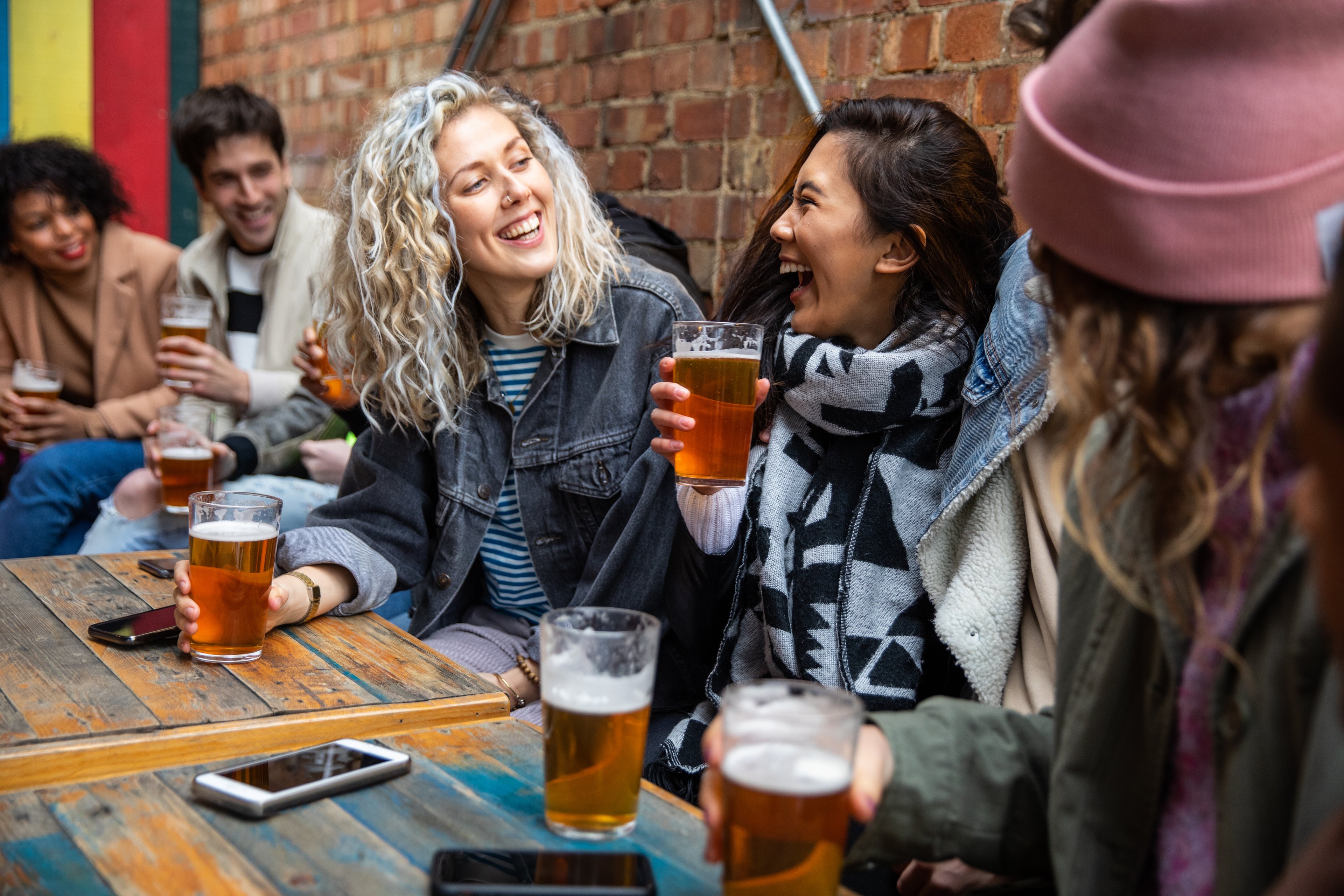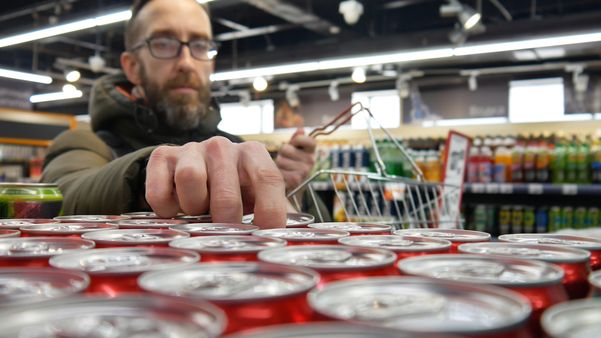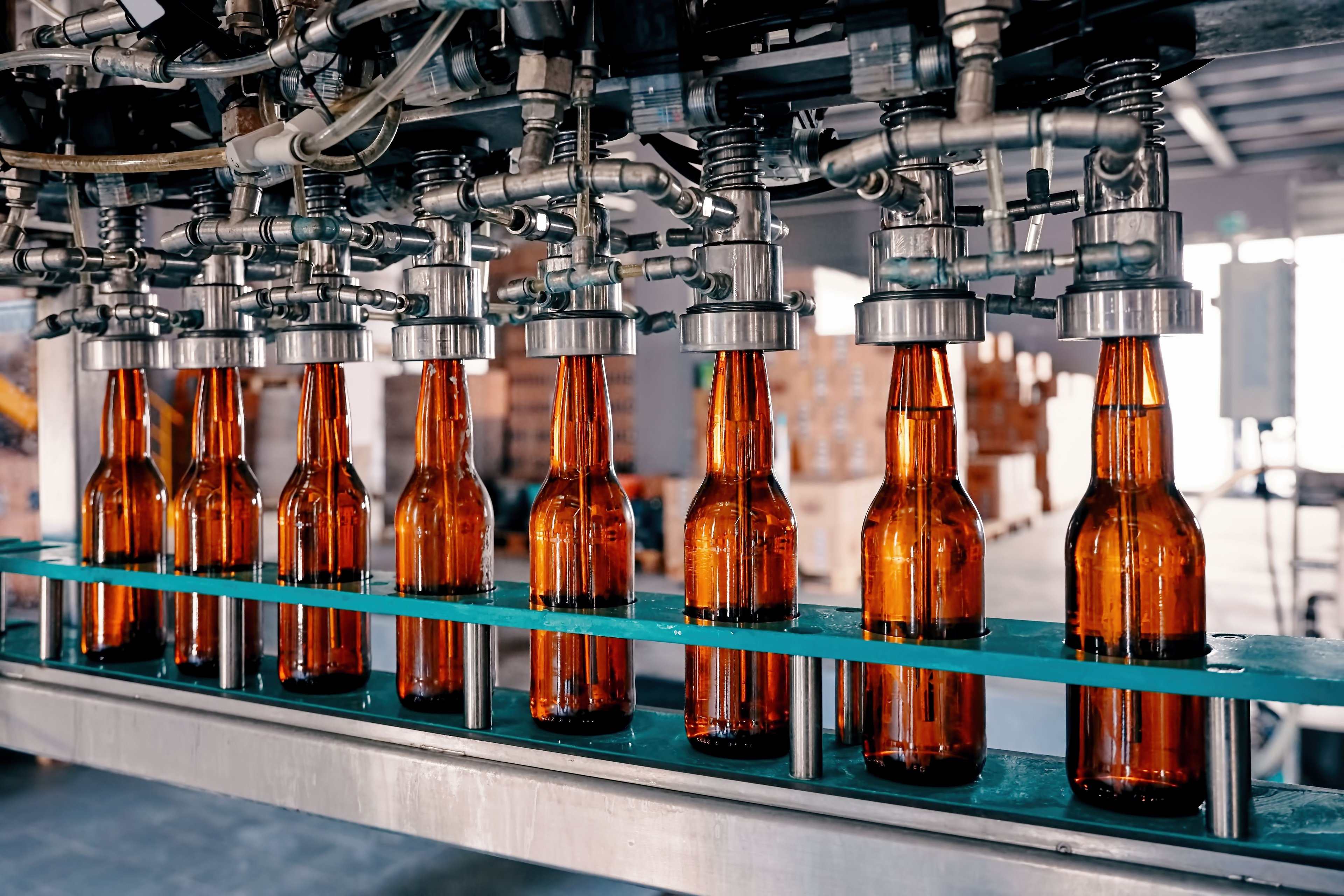Boston Beer (SAM +2.61%) announced better-than-expected second-quarter 2017 results on Thursday after the market closed, highlighting a strong improvement in depletions trends, and increasing its full-year earnings guidance in the process. Shares of the craft brewer skyrocketed as much as 22% in early trading, and settled up around 15% as of 3:30 p.m. EDT as investors drank up the news.
But with competition still bearing down, Boston Beer still has plenty of work to do to recapture sustained, profitable growth from its core brands. In the meantime, let's have a closer look at how Boston Beer ended the first half, as well as what investors can expect from the company in the coming quarters.

IMAGE SOURCE: BOSTON BEER
Boston Beer's headline numbers
Second-quarter revenue rose 1.3% year over year, to $264.7 million, thanks primarily to price increases as shipment volumes remained flat, at roughly 1.1 million barrels. On the bottom line, Boston Beer's net income increased 9.4%, to $29.1 million, and net income per diluted share climbed 14.1%, to $2.35. The company repurchased roughly 608,000 shares of Class A common stock for roughly $88.2 million during the quarter, leaving $85.1 million remaining under its existing repurchase authorization.
Earnings included a $0.02-per-share tax benefit resulting from the adoption of new accounting standards at the start of this year. But even then -- and though we don't usually pay close attention to Wall Street's demands -- Boston Beer easily exceeded consensus expectations for earnings of only $1.41 per share on revenue of $247.9 million.
"Depletions trends have significantly improved"
Meanwhile, depletions -- a key industry metric for how quickly Boston Beer's products travel from warehouses to consumer outlets -- fell 3% year over year during the second quarter, marking a massive improvement from the 14% depletions slide that Boston Beer endured last quarter.
Boston Beer founder and chairman Jim Koch cautioned, however, that the company's work isn't done yet:
We are happy that our total Company depletion trends have significantly improved from earlier in the year, but we remain challenged by the general softening of the craft beer and cider categories and a more competitive retail environment with a lot of options for our drinkers. We are working hard to return to growth through improving our messaging and innovation behind Samuel Adams and Angry Orchard. Our leadership team is making strides to address our challenges.
Boston Beer CEO Martin Roper further explained that depletions declines were due to a combination of decreases in the company's core Samuel Adams, Angry Orchard, and Coney Island brands. At the same time, Boston Beer demonstrated significant sequential improvement from the first quarter. And Boston Beer's Twisted Tea and Truly Spiked & Sparkling varieties extended their streaks of relative outperformance.
"Twisted Tea continues to grow distribution and pull," Roper added, "and Truly Spiked & Sparkling has developed as one of the leaders in the emerging segment of hard sparkling water."
Looking ahead
Going forward, Roper insisted Boston Beer's "priorities for 2017 remain unchanged" -- a reference to the company's top goals outlined early this year, for first returning Samuel Adams and Angry Orchard to growth through "packaging, innovation, promotion and brand communication initiatives," and secondly, continuing to implement cost savings and efficiency initiatives to help fund the investments required to do so.
It seems we're finally seeing the early fruits of those efforts. In addition to the depletions improvements, gross margin for the second quarter expanded 230 basis points year over year, to 54.1%, thanks to both lower brewery processing costs per barrel and higher revenue per barrel driven by pricing and packaging mix.
Third, Boston Beer will foster long-term innovation. To that end, according to Roper during this quarter's conference call, the company's "current focus is on ensuring that Truly Spiked & Sparkling reaches its full potential, and our long-term intent is to generate a consistent cadence of interesting brand innovations."
Finally, Boston Beer revised its guidance for full-year 2017 adjusted earnings per share to be in the range of $5.00 to $6.20, an increase to the bottom end of its previous guidance for 2017 earnings of $4.20 to $6.20. Boston Beer continues to expect full-year national price increases of between 1% and 2%, gross margin of between 51% and 52%, and a change in depletions ranging from minus 7% to plus 1%.
In short, Boston Beer's turnaround appears to be progressing just as management had hoped -- and much better than the market had feared -- allowing the company to rule out the worst-case profitability scenario represented by the low end of its old earnings guidance. With Boston Beer shares trading near 52-week lows coming in to this report, investors were right to bid up the price of the stock today.






